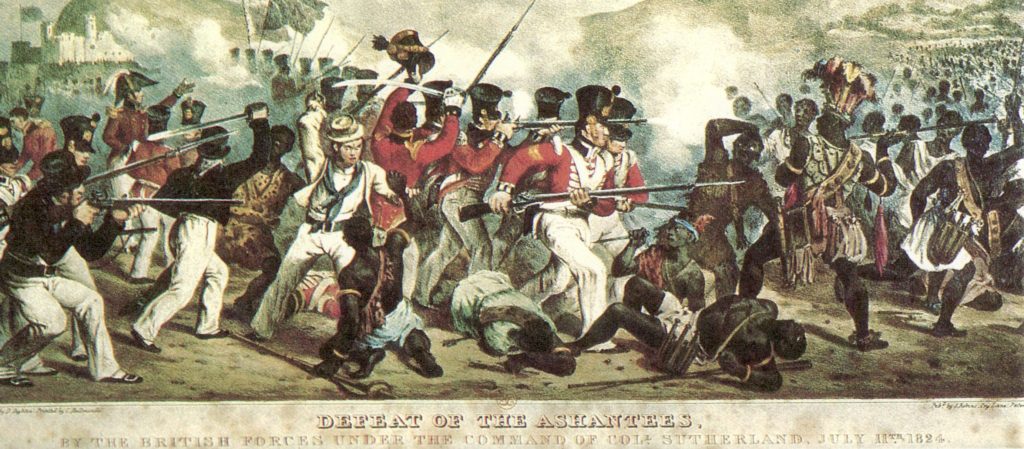Basic definitions
Colonialism is the ‘practice of acquiring full (or partial) political control over another country, occupying it with settlers, and exploiting it economically.’

Imperialism is the ‘process of extending a country’s power and influence over foreign countries through colonisation, use of military force, or other means.’
Impact of the Transatlantic slave trade
The transatlantic slave trade (or the Atlantic slave trade) was the transportation of enslaved African individuals by slave traders from the 16th to the 19th century. They were mainly transported to America on a boat via a triangular trade route.

The conditions on these slave boats were beyond miserable. Hundreds of African slaves were carried on these boats, often tightly chained to plank beds. The conditions were highly unhygienic and the slaves were severely mistreated, resulting in a high mortality rate due to dehydration, bacterial infections (such as dysentery) and scurvy.
Africans could become slaves as punishments for a committed crime, as payment for a debt, or, most commonly, as a result of being held captive as prisoners of war

Empowering Europe
Portugal and Britain benefited significantly from the slave trade, ultimately responsible for around 70% of all Africans transported to the Americas. The slave trade provided many jobs to the population of England, due to high demand for glassware (to bottle rum), textiles and firearms. Many Britons worked in factories which sold their products to West Africa. These commodities would then be traded for enslaved Africans. Birmingham had more than 4000 gun-makers, with 100,000 guns going to slave-traders each year.

The Age of Imperialism broadened the disparity between the highly developed countries of Europe and the underdeveloped regions of Africa, as nations such as Britain exploited and annexed these lands to increase their political influence and to boost their economy.
Corrupting Africa

However, the Atlantic slave trade was detrimental to the functioning of societies in West Africa. The sheer size of the slave trade affected the dynamics of these societies, with over 12 and 1/2 million slaves being removed from their home country. Long-term impoverishment struck the nation.
This is just one example of the negative impact the trade had on West Africa. In the 18th century, the Europeans started trading slaves for weapons (such as guns). This resulted in warfare. 20,000,000 guns were transported to Africa and with African rulers in competition with one another, the acquisition of firearms gave them an edge over their rivals. This ultimately triggered an increased drive for leaders to capture and sell slaves from their neighbouring states.
Depopulation of Africa also happened as a result of the slave trade. Additional to the extreme number of slaves taken from West Africa, Europeans brought deadly diseases with them, eg: European strains of syphilis and smallpox, typhus and tuberculosis, resulting in indirect depopulation.

Well done…I realise this is incomplete, but it seems like you are in a good position to add your essay, etc.Good luck with your development from here..